Australian veterans suffer high suicide rates, with women, young men and injured most at risk
More than 1200 Australian Defence Force members, including South Australians, have taken their own lives since 2001. Now a new report identifies the groups at greatest risk.
SA News
Don't miss out on the headlines from SA News. Followed categories will be added to My News.
Adelaide veteran Luke Adamson knows the pain of losing fellow soldiers to suicide and has saved at least 10 others from the same fate.
And he says data released today revealing ex-servicemen face a 24 per cent higher risk of suicide than the general public must drive changes to reduce the tragic toll.
The Australian Institute of Health and Welfare report into suicides among members of the Australian Defence Force (ADF) reveals 1273 have taken their own lives from 2001 to 2019.
The fourth annual report of its kind identified groups at greatest suicide risk are:
• ex-servicewomen, who are twice as likely to take their own lives as other Australians;
• navy veterans, who have the highest suicide risk of all ex-servicemen;
• and male veterans who are either forced to leave on medical grounds, are aged under 50, or serve for less than a year in the ADF.
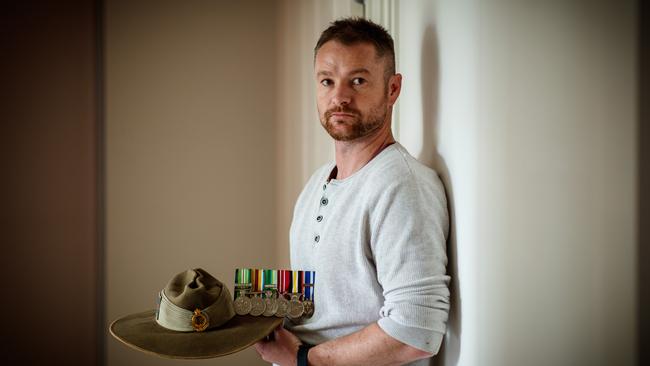
Mr Adamson, who served as a combat engineer in Afghanistan in 2010 and 2011, said the official statistics did not take into account those veterans who took their own lives under suspicious circumstances including car accidents and drug- and alcohol-related deaths.
The 35-year-old was medically discharged in 2014 after suffering an undiagnosed cardiac arrest. In 2016 he founded Heroes on the Homefront – a charity to assist veterans and their families.
“We have saved the lives of many veterans – I have personally helped 10 in the past five years,” said Mr Adamson, from Mt Barker.
He said the transitioning of soldiers into civilian life needed to be more proactive, possibly through provision of adequate alternative learning or employment training prior to a member leaving the ADF.
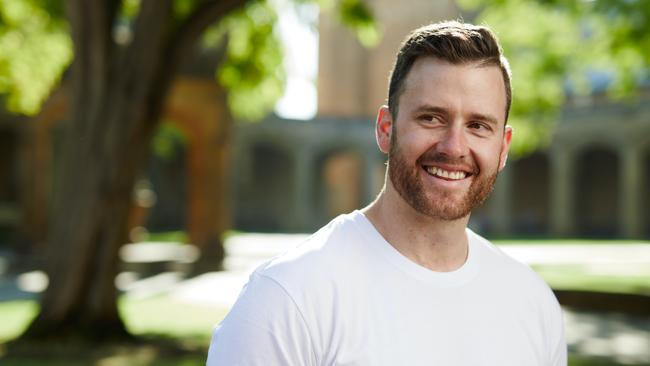
Nathan Bolton, deployed to Afghanistan as part of the Australian Special Forces in 2010 and 2012, said: “I lost four mates from war, two mates from suicide, and have seen some of the strongest men I know become a shell of their former self having spent years battling mental health.
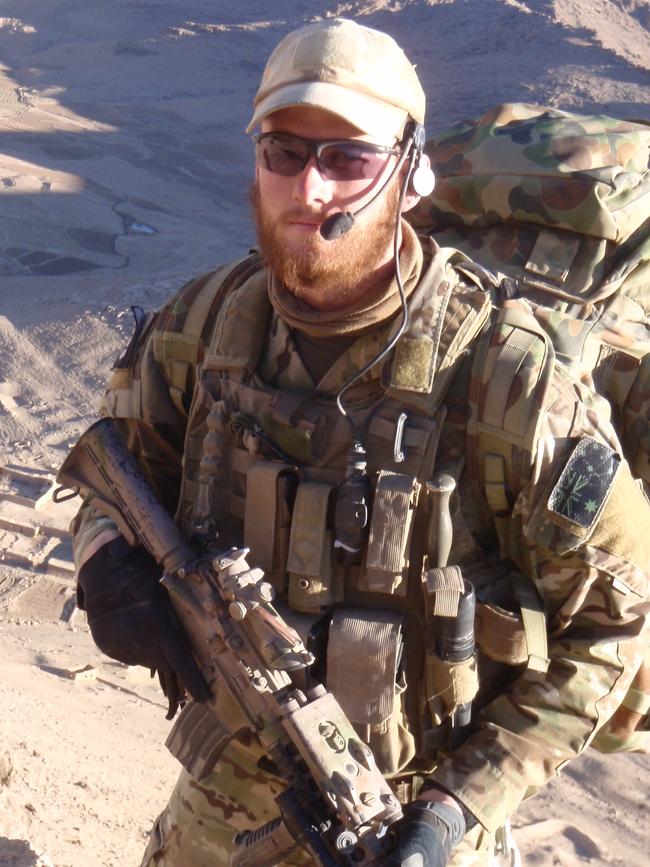
“Through my travels, discussions with veterans around suicidal ideation has become quite common place.”
The 33-year-old from Fullarton said he could fully comprehend the heightened risk of suicide among medically discharged veterans.
“Being medically discharged means a servicemen has not only sustained a career-ending injury, but they are also being removed from their skilled profession, their mates, their meaning, their purpose, their support network, and their way of life.”
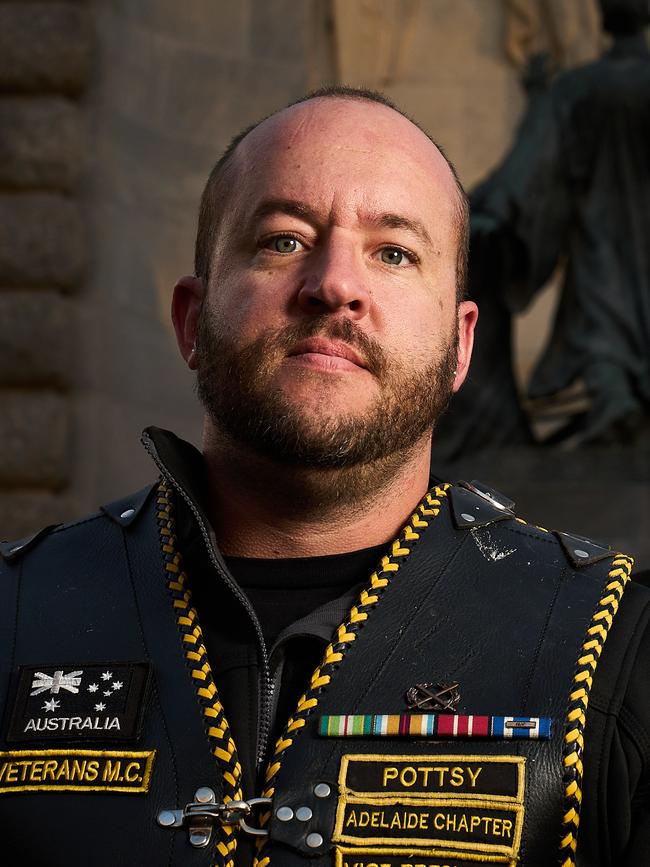
Tyson Potter, 36, from Strathalbyn, said: ”I think the general public would be horrified if I truly answered the number of mates I’ve lost to suicide, have attempted to take their own lives and are suffering suicidal ideation.”
Mr Potter is Vice President of the Veterans Motorcycle Club Adelaide chapter and was diagnosed with PTSD two years after deploying to Afghanistan in 2013.
He said the report’s finding that veterans with a year or less of service and those forced to leave on medical grounds were at much higher risk of suicide was not unexpected.
“The recruitment process is long and if you’re accepted it’s an amazing feeling – I still remember getting that phone call and the excitement that followed,” he said.
“You’re already proud and when you tell your friends it is such a positive experience.
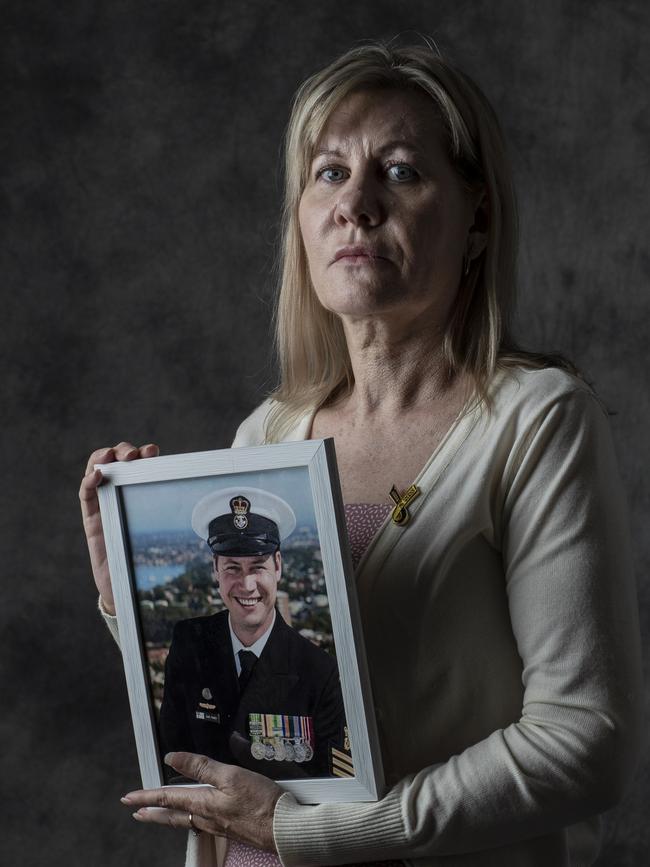
“Now imagine getting injured and then medically discharged. Leaving your new mates and not achieving what you have set out to become – an Australian soldier – and then returning back to your hometown probably feeling a failure.”
Adelaide mother Julie-Ann Finney, whose ex-naval officer son David after he took his own life in 2019, said: “As a parent it’s distressing losing a child and I will never get over it. I will live with this every day.”
This year’s AIHW report incorporated details of an additional 149,000 ADF members going back to 1985. This is in addition to 125,000 ex-servicemen and women in past reports.
Ms Finney has led the charge for a Royal Commission into suicides among ADF members and veterans, which will be led by NSW Police deputy commissioner Nick Kaldas.
An interim report into the inquiry is due in August 2022.
For support, contact Open Arms Veterans and Families Counselling on 1800 011 046 or openarms.gov.au, the Defence All-Hours Support Line on 1800 628 036, or Lifeline on 13 11 14 or lifeline.org.au.
Originally published as Australian veterans suffer high suicide rates, with women, young men and injured most at risk




